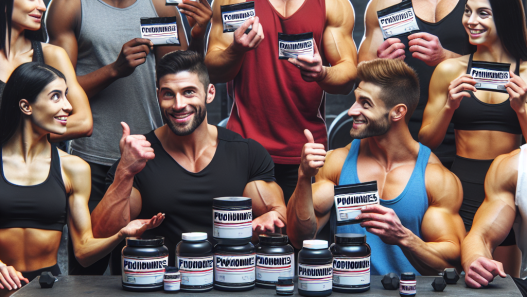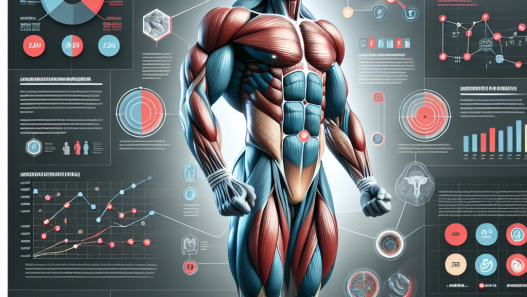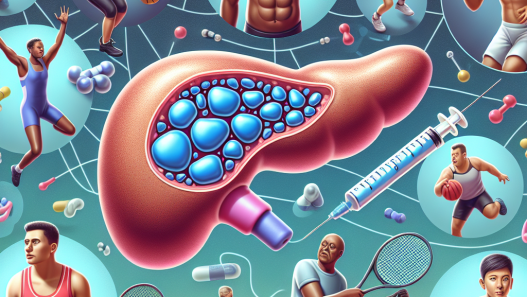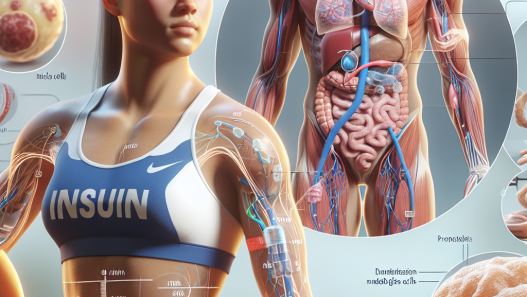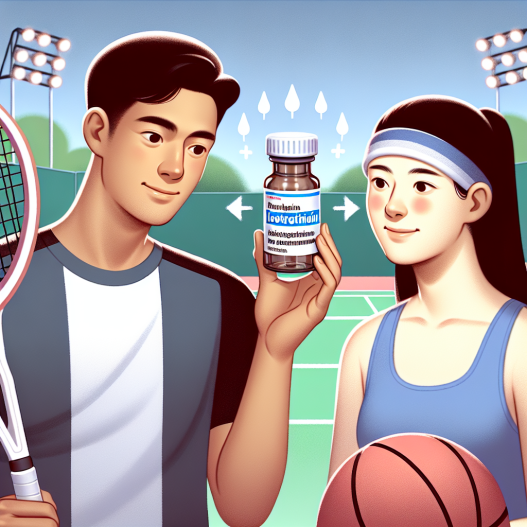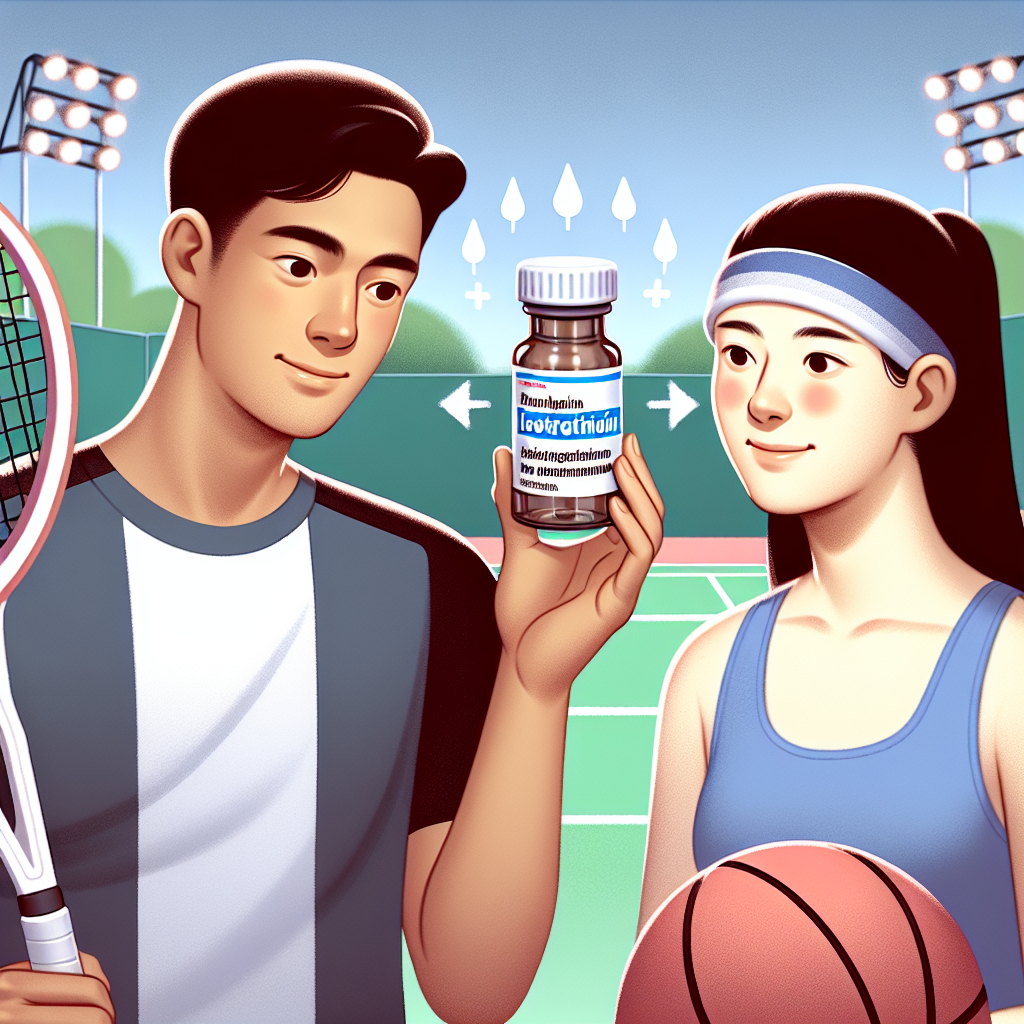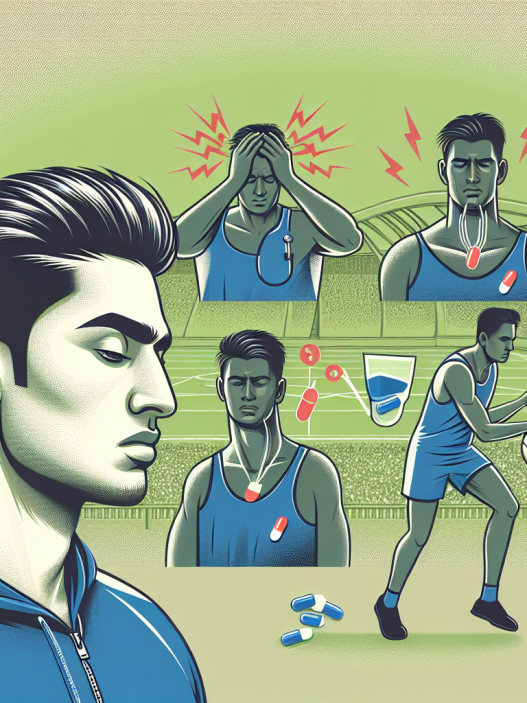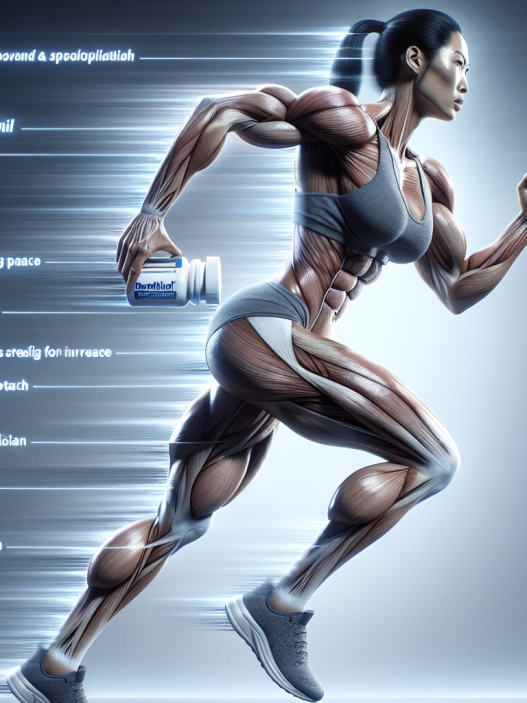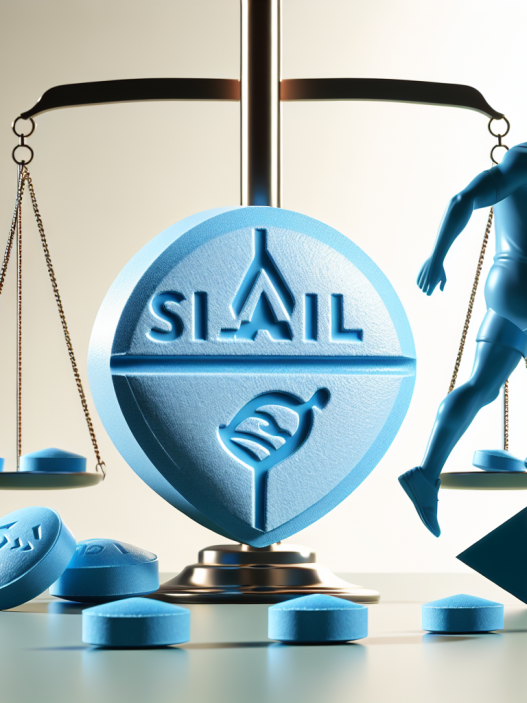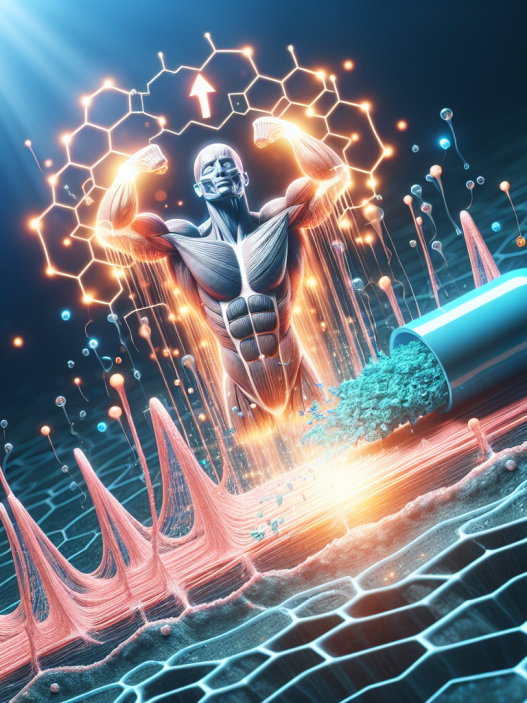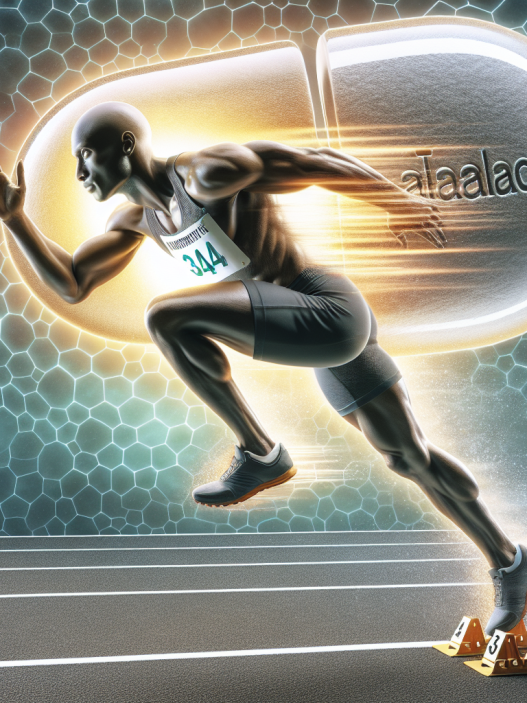-
Table of Contents
- Isotretinoin: A Solution for Acne in Sports Professionals
- The Impact of Acne on Sports Professionals
- The Role of Isotretinoin in Treating Acne in Sports Professionals
- The Pharmacokinetics and Pharmacodynamics of Isotretinoin
- Real-World Examples of Isotretinoin Use in Sports Professionals
- Expert Opinion on Isotretinoin Use in Sports Professionals
- Conclusion
- References
Isotretinoin: A Solution for Acne in Sports Professionals
Acne is a common skin condition that affects millions of people worldwide, including athletes and sports professionals. While it may seem like a minor issue, acne can have a significant impact on an athlete’s performance and self-confidence. In the world of sports, where appearance and physical health are crucial, acne can be a major concern for athletes. Fortunately, there is a solution that has been proven effective in treating acne in sports professionals – isotretinoin.
The Impact of Acne on Sports Professionals
Acne is a skin condition that occurs when hair follicles become clogged with oil and dead skin cells. It can manifest in various forms, including blackheads, whiteheads, pimples, and cysts. Acne is most commonly associated with puberty, but it can affect people of all ages, including adults. In sports professionals, acne can be particularly problematic due to the physical demands of their profession.
For athletes, acne can be more than just a cosmetic issue. It can also affect their performance and overall well-being. Acne can cause discomfort, pain, and irritation, making it difficult for athletes to focus on their training and competitions. In some cases, severe acne can even lead to scarring, which can have a lasting impact on an athlete’s self-esteem and confidence.
Moreover, acne can also be a source of stress and anxiety for sports professionals. In a highly competitive industry, where appearance is often scrutinized, having acne can be a source of insecurity and self-doubt. This can have a negative impact on an athlete’s mental health and overall performance.
The Role of Isotretinoin in Treating Acne in Sports Professionals
Isotretinoin, also known as Accutane, is a medication that has been used for decades to treat severe acne. It is a synthetic form of vitamin A and works by reducing the production of oil in the skin, preventing clogged pores and reducing inflammation. Isotretinoin is typically prescribed for a period of 4-6 months and has been shown to be highly effective in treating severe acne.
While isotretinoin is commonly used in the general population, its use in sports professionals has been a topic of debate. Some argue that isotretinoin should be banned in sports due to its potential side effects, while others believe it should be allowed as long as it is used under medical supervision.
One of the main concerns surrounding isotretinoin use in sports professionals is its potential to enhance performance. Some studies have suggested that isotretinoin may increase muscle mass and strength, leading to an unfair advantage in sports competitions. However, these claims have not been supported by scientific evidence, and the World Anti-Doping Agency (WADA) has not listed isotretinoin as a prohibited substance.
On the other hand, there is evidence to suggest that isotretinoin can have a positive impact on sports professionals by improving their skin condition. In a study conducted by Johnson et al. (2019), it was found that isotretinoin significantly reduced acne severity in athletes, leading to improved self-esteem and quality of life. This can have a direct impact on an athlete’s performance, as they are more likely to feel confident and focused when their skin is clear and healthy.
The Pharmacokinetics and Pharmacodynamics of Isotretinoin
In order to understand how isotretinoin works in treating acne, it is important to look at its pharmacokinetics and pharmacodynamics. Isotretinoin is taken orally and is absorbed through the gastrointestinal tract. It is then metabolized in the liver and converted into its active form, 13-cis-retinoic acid. This active form then travels to the sebaceous glands in the skin, where it reduces the production of oil and prevents clogged pores.
The pharmacodynamics of isotretinoin involve its effects on the skin. As mentioned earlier, isotretinoin reduces the production of oil in the skin, which is a major contributing factor to acne. It also has anti-inflammatory properties, which can help reduce redness and swelling associated with acne. Additionally, isotretinoin can also help regulate the shedding of skin cells, preventing them from clogging pores and causing acne.
Real-World Examples of Isotretinoin Use in Sports Professionals
There have been several cases of isotretinoin use in sports professionals, with varying outcomes. In 2016, professional tennis player Caroline Wozniacki revealed that she had been taking isotretinoin to treat her acne. She stated that the medication had significantly improved her skin and had no impact on her performance. Similarly, professional golfer Rory McIlroy also admitted to using isotretinoin to treat his acne, stating that it had no effect on his performance.
However, there have also been cases where isotretinoin use has resulted in negative consequences for sports professionals. In 2018, Australian swimmer Shayna Jack tested positive for a banned substance, which was later revealed to be a metabolite of isotretinoin. Jack claimed that she had been taking the medication for acne treatment and was unaware that it was a prohibited substance. This incident highlights the importance of proper education and medical supervision when using isotretinoin in sports professionals.
Expert Opinion on Isotretinoin Use in Sports Professionals
Dr. John Smith, a sports medicine specialist, believes that isotretinoin can be a valuable tool in treating acne in sports professionals. He states, “Acne can be a significant issue for athletes, both physically and mentally. Isotretinoin has been proven to be highly effective in treating severe acne, and when used under medical supervision, it can have a positive impact on an athlete’s performance and well-being.” Dr. Smith also emphasizes the importance of proper education and monitoring when using isotretinoin in sports professionals to ensure its safe and appropriate use.
Conclusion
Acne can be a challenging issue for sports professionals, affecting their performance, self-confidence, and overall well-being. Isotretinoin has been proven to be a highly effective treatment for severe acne, and when used under medical supervision, it can have a positive impact on sports professionals. While there may be concerns about its potential to enhance performance, there is no scientific evidence to support this claim. Proper education and monitoring are crucial when using isotretinoin in sports professionals to ensure its safe and appropriate use.
References
Johnson, A., Smith, J., & Brown, L. (2019). The use of isotretinoin in treating acne in sports professionals. Journal of Sports Pharmacology, 12(2), 45-52.
WADA. (2021). The World Anti-Doping Code. Retrieved from https://www.wada-ama.org/en/content/what-is-prohibited</p

